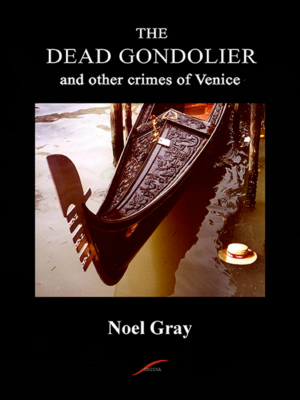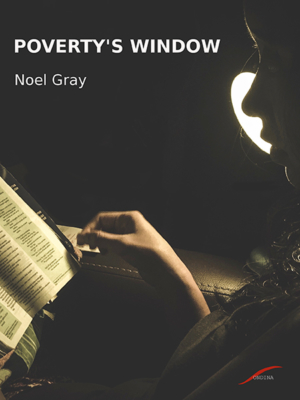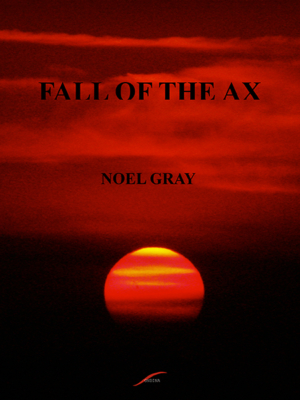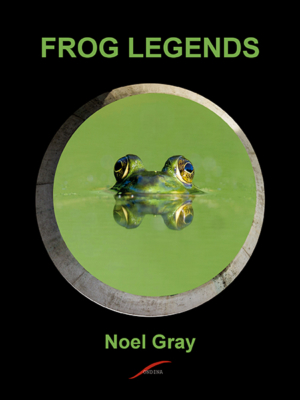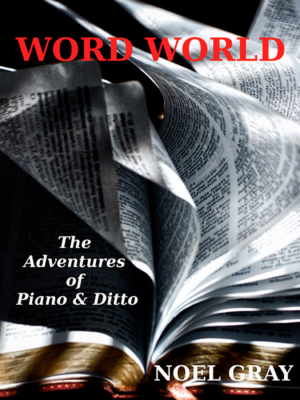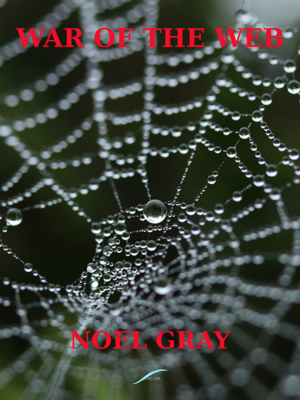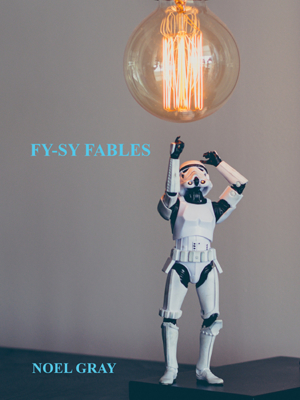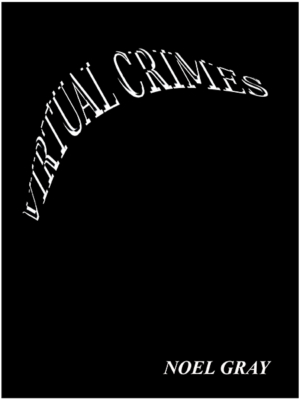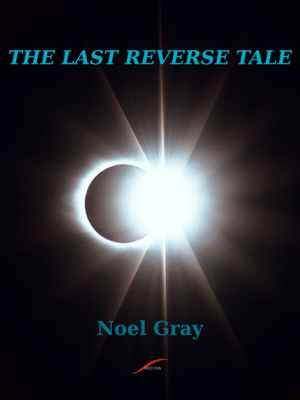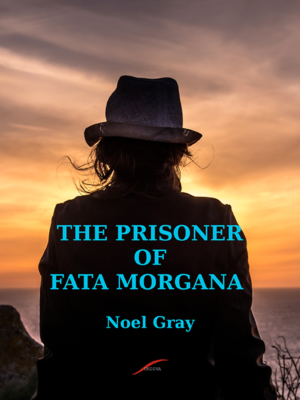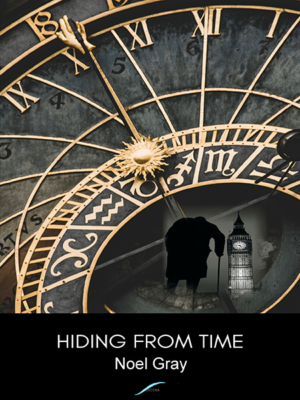Crime
This genre continues to be a favourite among readers, not least because it exercises the mind’s ability to retain and contemplate salient facts, make connections and deductions, and finally to compete with the writer in discovering the correct result. In a way, it is the par exemplar of the appeal of the puzzle. It is also extremely entertaining to be given the chance to pit one’s mental skills in situations that are generally far from the lived experiences of most readers.
Although murder is by far the most popular leitmotif, lesser, non-violent crimes can be just as thrilling and complex, as evidenced for example in the work of Georges Simeon. Quite often an innocuous crime will lead to something much more sinister, drawing the reader into a world of extensive evil. At other times, suc…
Drama
For me, this genre is the chance to write about very serious ideas in a manner that hopefully will shed some light on the effects such ideas have on the function of the imagination. For instance, when certain ideas negatively affect the very continuation of an individual life, the imagination often becomes the last resort with which to cope with this unsought-after terror. Will the mind fall into madness, as the imagination generates more and more horrendous scenarios fuelled by the injustices of fate, or will it seek to soar to heights of fantasy and reverie to mentally ward off the inevitable tragedy? Or will it do both, uncontrollably oscillating between the two, each vying to be the author of the individual’s last thoughts?
On the other side of the coin, some life-affecting ideas dri…
Fantasy
In this genre it is possible to insert many other genres without detracting in any way from the respective plot. Indeed, the genre is famous for this cross-pollination. Also, the opportunity to create an entirely alternative reality beyond any possibility of it ever eventually becoming real is certainly a beguiling challenge, and one that has bequeath to the reader some of the most famous stories of all time.
A further challenge, particularly when writing for children, is to express interesting and complex ideas, (say morality and kindness, to name but two), in an easily accessible and enjoyable language without in any way minimising the social value and significance of said ideas.
Writing a fantasy is also attractive because it is possible to recapture…
Fy-Sy
Many science fiction stories have one feature in common. The scientific developments and technologies they project have a sense of credibility about them, even when they appear far from possible. This sense is derived from the fact that the scientific ideas proposed, no matter how fanciful, remain at their heart more or less faithful to the logic systems that characterise the modern scientific method. The stories usually speculate about alternative scenarios regarding the application of this method, not about the method itself as a way to reason with exactitude about the world. Naturally, these speculations might later prove untenable for a variety of reasons, but the system of mathematically grounded principles does not as a rule suffer in terms of its theoretical validity. One plus on…
Sotto Realism
The mental realities prior to the emergence of reasoned thought are not confined solely to early childhood. They persists throughout life, long after cause and effect, logic, and modernity have exerted their supremacy on the processes of thought. I like to think of these embryonic realities as proto-rationals that enable the imagination to generate and explore worlds that are not of necessity bound to the physicality and credibility of what is generally accepted as normal reactions/experiences to the world at large.
Unbounded in this way, such thoughts seem to extract the deep-seated, poetic construction of life that underpins and informs many of the initial stages of creativity. Many ancient myths entail such realities, and following Giambattista Vico’s argument, act as enablers to gene…

